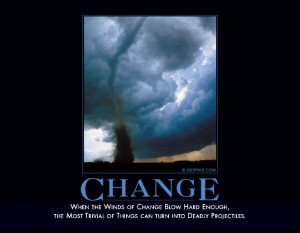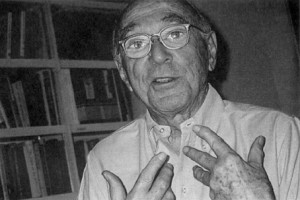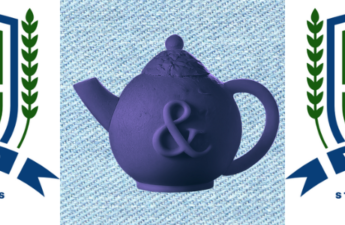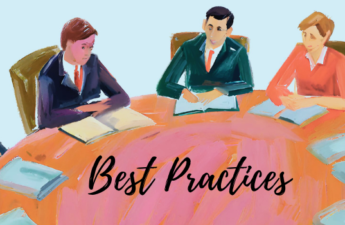
Probably the only two responses to constant change are:
A. Ignore it (shrink back, retrench, resist, go off the grid, become irrelevant, turn inwards, stay put, get run over, and so on) or
B. Keep on keeping on with the learning life.
Clearly Option A can take you only so far.
But what happens if the modern mantra of: “Keep moving, just try it, have a go, fail-fail-fail and then succeed and fail again” just results in pushing good people over the edge in a frantic effort to keep up and manage the torrent of the new?
I don’t know the answer to that one. I guess we all have to find our own footing in that take-a-deep-breath, one-step-at-a-time way. It’s all about selectivity, filter finesse and a determination to find balance – and, when it comes to on-line – what some call the digital diet.
What I find helpful is a problem-solving mental template that I adopted a long time ago. It works something like this:
What’s my way in?
How does this connect with what I already know?
Why does this matter? Does this matter? Is it worthy?
What can it help me do that I have always wanted to do or do better?
Do I actually need or want to learn how to do this?
Or is this something I don’t need to know and I will leave out there on the edge at least for now?
Basically, it’s first deciding not to panic. Then it’s asking what do I know now, how and where does this connect and what size can I bite off and try and chew. Is this the creativity zone?
It’s Vygotsky’s zone of proximal development of course. Looking out from the comfort zone of what I already can do, staring into the fearful abyss of what I cannot do and making a move. Go too fast and I’m lost in the panic zone of being overwhelmed. My filters have failed and I fear drowning.
Is this the creativity zone?
But each step brings failure and success. From there emerges that widening of the comfort zone of the familiar and accomplished (done that, been there got the badges, bruises and benefits to show for it.)
I go back to learning theory – to the incomparable Jerome Bruner and James Britton – both of whom learned from Lev Vygotsky.

If we think of learning as the human capacity to adapt to changes in the environment rather that control them then we’ve on the way to finding a solution.
To live is to learn and to learn is to change, adapt, evolve, transform and be transformed. If as adults we can, in Bruner’s words “experience success and failure not as reward and punishment but as information”* then we are on our way.
And if we help children know that simple truth then we have conferred something of lasting value and significance.
* Jerome Bruner, The Act of Discovery 1961. Harvard Educational Review.
Photo: Tiago Aguiar



5 thoughts on “Don’t panic: Experience success and failure … as information.”